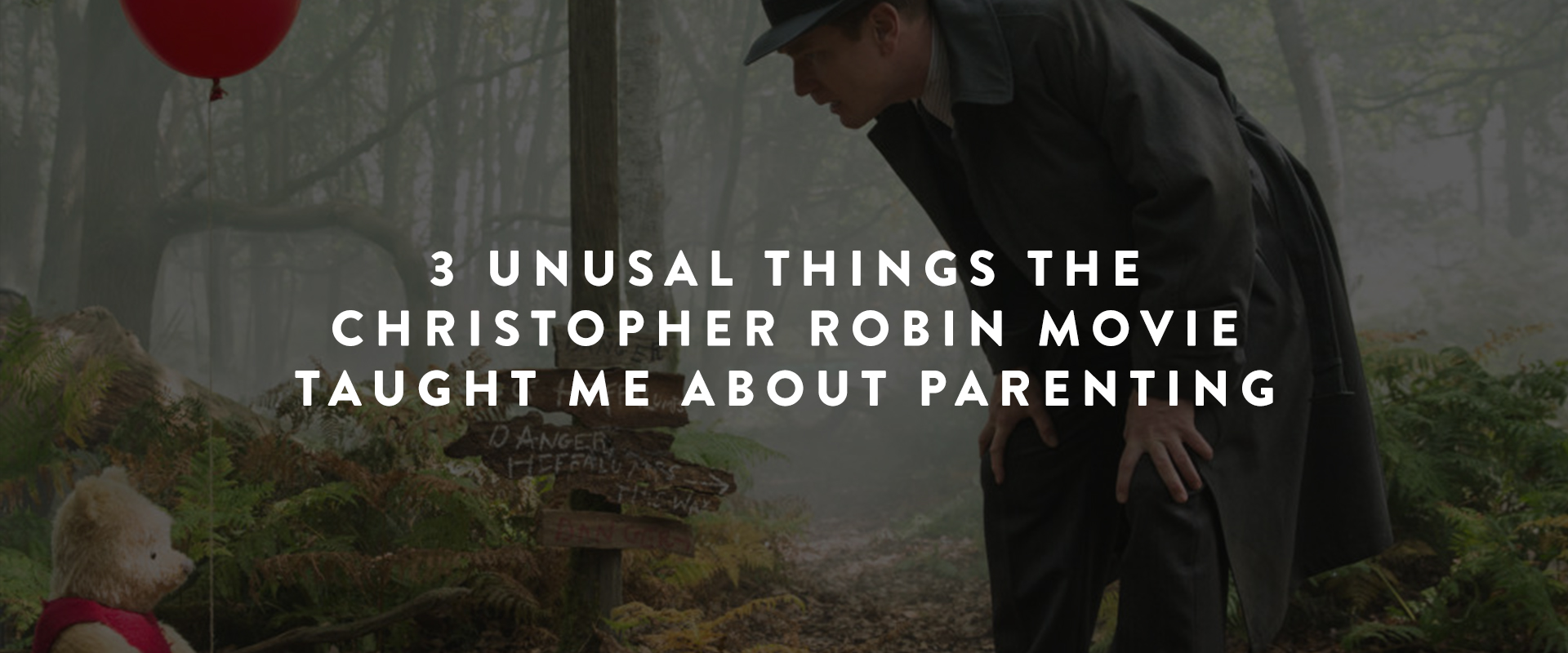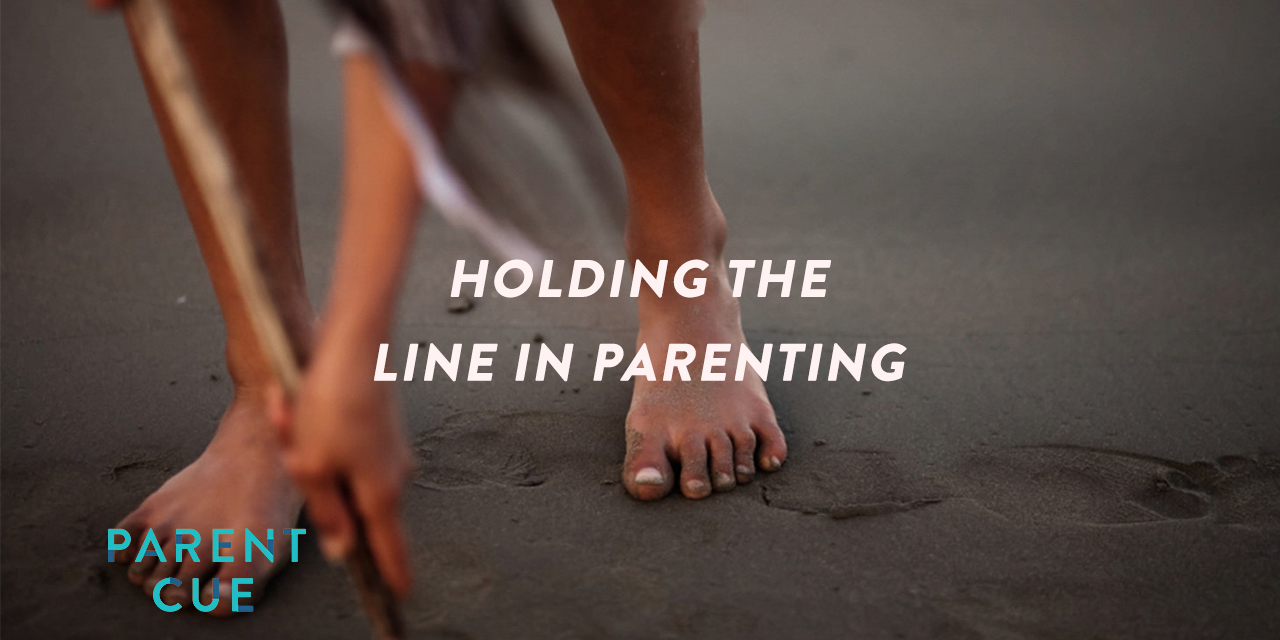
When my daughter was three years old, she hated going to her Wednesday night class at our church. I didn’t blame her; our church had a midweek program for girls that was like Girl Scouts with all the fun sucked out. The challenge was that I was the NextGen Pastor, so the midweek girls program fell under me. It wouldn’t look good if my daughter didn’t attend a program I oversaw. This dilemma came to a head one Wednesday night when my daughter refused to go into her classroom. She dug in her heels as only a three-year-old can and announced to everyone within two miles that she hated her class, her teacher, and her father, not necessarily in that order. This was open rebellion, and it was my job as a parent, leader, and adult to stamp it out. I pulled my daughter into an empty classroom, and gave her an ultimatum; either she would go to her class now, or she would get a spanking and then go to her class. (There was a lot more spanking going on 20 years ago.) Being an exceptionally bright child, she chose the non-spanking option. She was still sniffling and scared when I dropped her off at her class, but at the time, I was actually proud of finding a quick solution to the problem. I realize now, however, the value I unintentionally conveyed that night was that obedience trumped relationship.
Now that I’m a grandparent I’m learning a lot about dealing with children from a different vantage point. Here are my top three lessons:
1. 3-year-olds are unreasonable
The other day, my granddaughter Molly and I were picking some of Papa’s tomatoes. Molly did not want to pick the big red tomatoes, she only wanted to pick the “tiny little baby tomatoes.” She wasn’t concerned about ripeness or taste; she chose by size. I’ve learned that arguing with a three-year-old is like trying to control the weather; nobody wins.
2. My desire for their obedience is often based on pride
I didn’t insist my daughter go to her class that night because of any benefit to her, I demanded she attend because it was embarrassing to me if she didn’t. There are times as parents when we need our kids to obey for their own safety or development, and there are other times we want them to obey because we don’t want to look bad. It’s important to know the difference.
3. The most important things in a child’s life are safe, loving relationships
Now that my children are adults I have the perspective to look back through time and understand what really mattered as my kids matured. It turns out my daughter’s Wednesday night class at church had no impact on her success as an adult. Her relationship with her parents, however, continues to influence her life in her twenties and beyond.
So what do you do as a parent to navigate the conflicts that begin at birth and continue throughout adolescence? Here are four things I wish I could go back and do better:
1. Become a student of your child
Take the time to understand why they are behaving, arguing, and acting out like this. It is easier to react than to understand, but understanding is crucial. The Phase resources being developed by Orange are a great place to start.
2. Take the long view
Ask yourself, “How important is their obedience in this moment?” There are times that obedience is mandatory and immediate. (“You are 14. You are not going to the concert with a 25-year-old high school dropout named Big Stud.”) There are other times, however, that an alternative to immediate and total obedience can be found. I’ve discovered that a trip to the ice cream store with Papa is a good alternative.
3. Emphasize the relationship
Make sure your child knows that love is what drives you. You will do anything to keep them safe now, to have a great life when they grow up, and you will always love them no matter what.
4. Apologize when you blow it
One of the more difficult things I had to learn as a parent was to say, “I’m sorry.” (This was not a phrase I ever heard my parents say, so I thought it might be against the unwritten parent code.) There were many times when my kids were young that I had to go into their bedroom before they went to sleep and tell them that dad blew it. It was humbling to ask for their forgiveness, but I knew our relationship was more important than my pride.
I’m not saying we should abdicate our role as parents. We are directed in Proverbs 22:6 to “Start children off on the way they should go…,” and we need to take that responsibility very seriously. My encouragement is to choose the battles that matter, be willing to lose the ones that don’t, and always make sure our children feel our relationship with them is vital.




